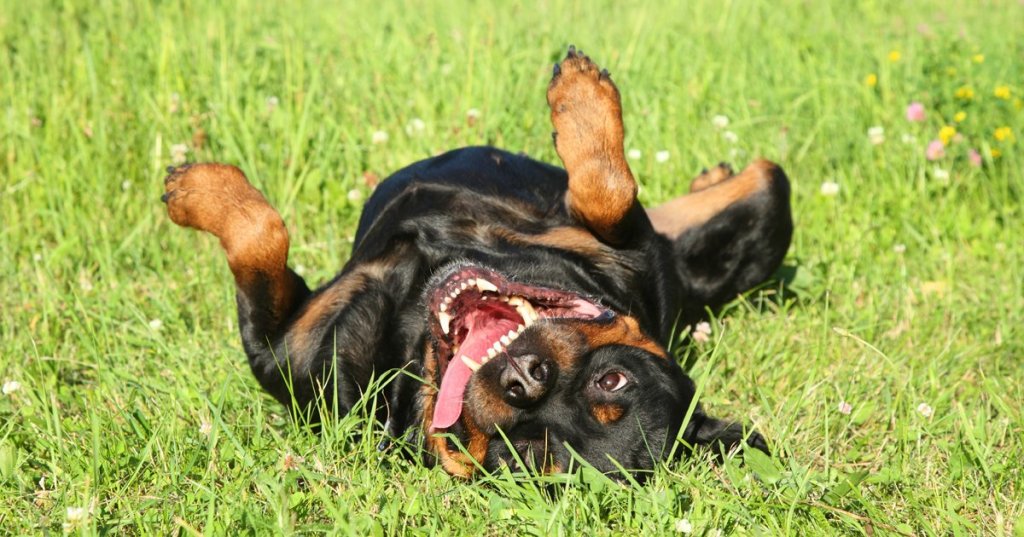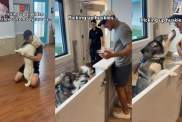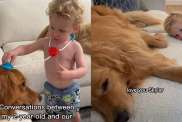Question:
What’s the best way to prevent my dog from getting cancer?
Answer:
When it comes to a cancer diagnosis, one of the most common questions I’m asked is, “How did my dog get this?” It’s only natural that people want to know what they could have done to prevent this dreadful diagnosis.
Unfortunately, it’s exceedingly rare that I am able to provide a clear-cut answer. Yes, we know that cigarette smoke, asbestos, sun exposure, and some pesticides and lawn herbicides can be carcinogenic in dogs. We also know that female hormones influence the development of mammary tumors (breast cancer). In most dog cancer cases, however, there is no discernible cause.
Genetics clearly play a role in the development of some cancers. Giant dog breeds (heavier than 75 pounds) are predisposed to bone cancer. We certainly see an inherited predisposition to cancer in particular breeds, including Boxers, Golden Retrievers, Rottweilers, Bernese Mountain Dogs, Boston Terriers, English Bulldogs, Scottish Terriers, and Cocker Spaniels.
So what can you do to prevent cancer in your four-legged best friend? Here are some suggestions (I truly hope the list becomes longer as our knowledge about cancer increases):
Avoid exposure to known carcinogens (cancer causing substances) such as cigarette smoke, asbestos, and lawn herbicides.
If your dog has little pigment on his face or underside, avoid letting him sunbathe during daylight hours when the sun is most intense.
Talk to your veterinarian about when your dog should be spayed or castrated. Neutering prevents testicular, ovarian, and uterine cancer. Neutering female dogs before their first heat eliminates the risk of developing breast cancer, and when performed before two years of age the risk is markedly reduced. Some data suggests that postponing neutering until a year or more of age in large breed dogs may be protective against bone cancer. More studies looking at this relationship are needed.
Before adopting a purebred dog from the list of breeds mentioned above, do the research needed to confirm that parents, aunts, uncles, and grandparents were cancer free. I recently had the heartbreaking experience of working with two Bernese Mountain Dog littermates who lost the battle to a type of cancer called malignant histiocytosis. None of their other four siblings were alive having already succumbed to the same disease.
Have your dog thoroughly examined by your veterinarian at least once a year. Just as with us, the earlier the detection of a cancerous process, the better the chances are for successfully treating the disease.









